The PhD candidates from the Faculty presented their latest research findings and received feedback and suggestions from their professors and colleagues.
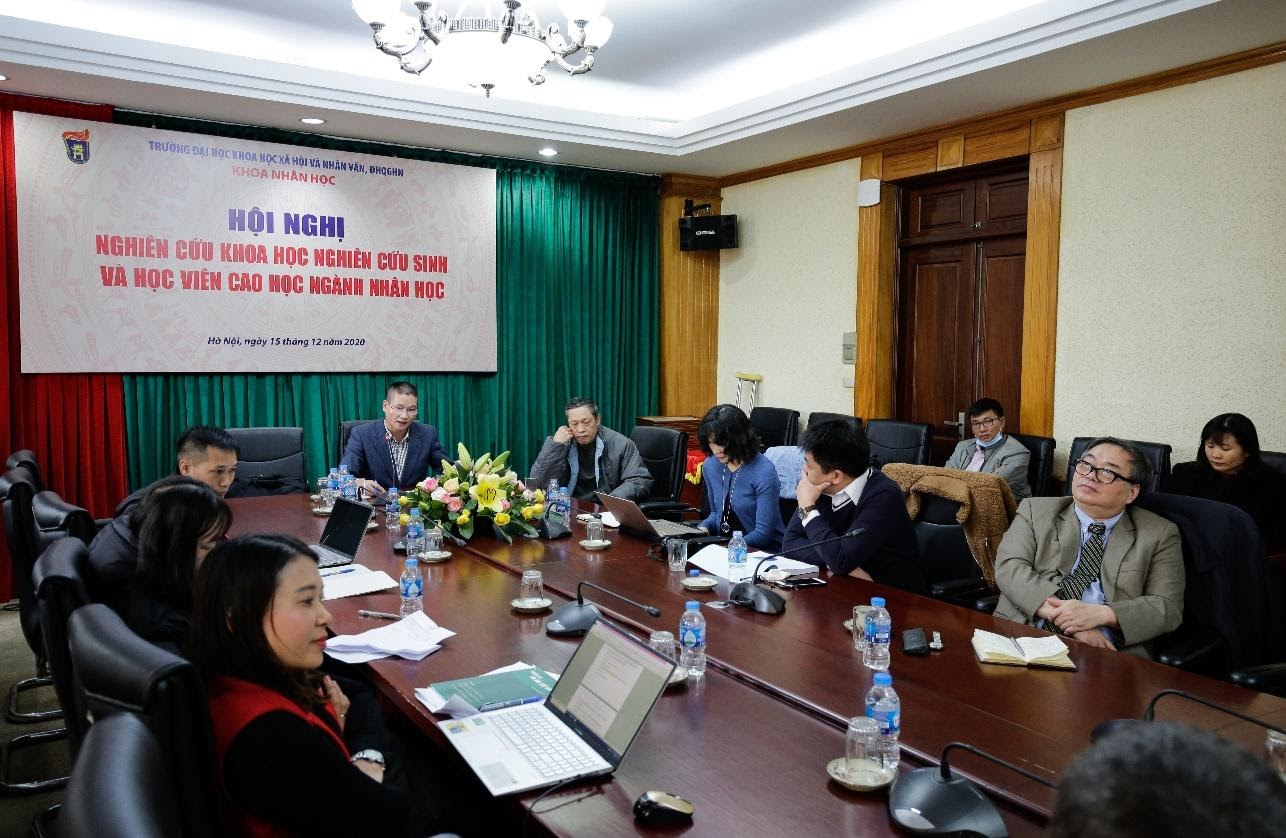
PhD candidate Nguyen Minh Nguyet presented a report onThe issue of theoretical and practical approaches to irrigation management in the Mekong Delta.In 2003, the Vietnamese Ministry of Agriculture and Rural Development, together with the French Development Agency and the Asian Development Bank, launched the Phuoc Hoa project to divert water from the Be River to the Dau Tieng Reservoir on the upper reaches of the Saigon River, increasing water supply for domestic use, agricultural production, and industrial activities in the region. Within the framework of the project, two new irrigation areas were established: the Duc Hoa irrigation area in Long An province and the Tan Bien irrigation area in Tay Ninh province. The Duc Hoa irrigation area features a completely new irrigation canal system. Furthermore, its location adjacent to Ho Chi Minh City, with convenient transportation connections via the Trans-Asian Highway 22, and the rapid urbanization and industrialization in Duc Hoa district, where the irrigation area is located, are all part of this project. These issues raise a series of questions for the management of irrigation water resources in the Duc Hoa irrigation area, and for ensuring the original design purpose of the irrigation area is maintained in the context of farmers no longer being keen to hold onto agricultural land amidst the land speculation frenzy, when water resources are being shared and affected by non-agricultural factors.
To contribute to finding answers for effective and sustainable water resource management in the Duc Hoa irrigation area in particular and the Mekong Delta region in general, in the context of complex developments such as climate change, urbanization, industrialization, and population growth, which are causing complex consequences for water resource management, this article applies water resource management theory to identify management models currently applied in Vietnam and theories of "Everyday Politics" and "Weapons of the Weak" to collect, identify, and analyze the feedback of local communities on new water management practices implemented by the State. The results obtained will help management agencies adjust management models to suit the actual context, contributing to achieving the objectives set by the irrigation project.
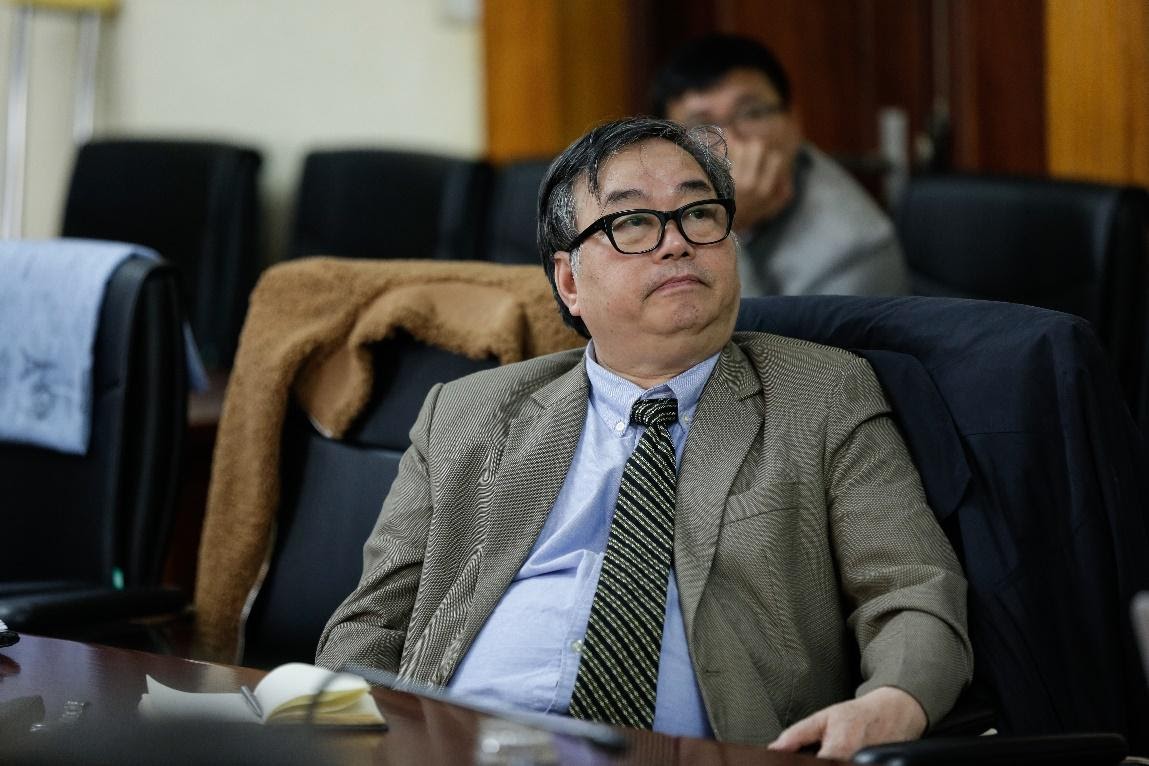
NCS Vu Dinh Muoi presented a paper onSome issues concerning cross-border labor migration of ethnic minorities in Vietnam's border regions.The author observes that Vietnam's land border regions, adjacent to China, Laos, and Cambodia, are primarily inhabited by ethnic minorities and hold immense strategic importance for the country's socio-economic development, national security, and political stability. Recently, the phenomenon of cross-border labor migration by ethnic minorities in Vietnam's border regions has rapidly increased in scale and intensity, profoundly impacting the economic, social, and cultural life of these regions in both positive and negative ways. Based on a literature review, the author contributes to clarifying the overall picture of this phenomenon, highlighting similarities and differences between border areas; thereby, identifying gaps and suggesting directions for further research.
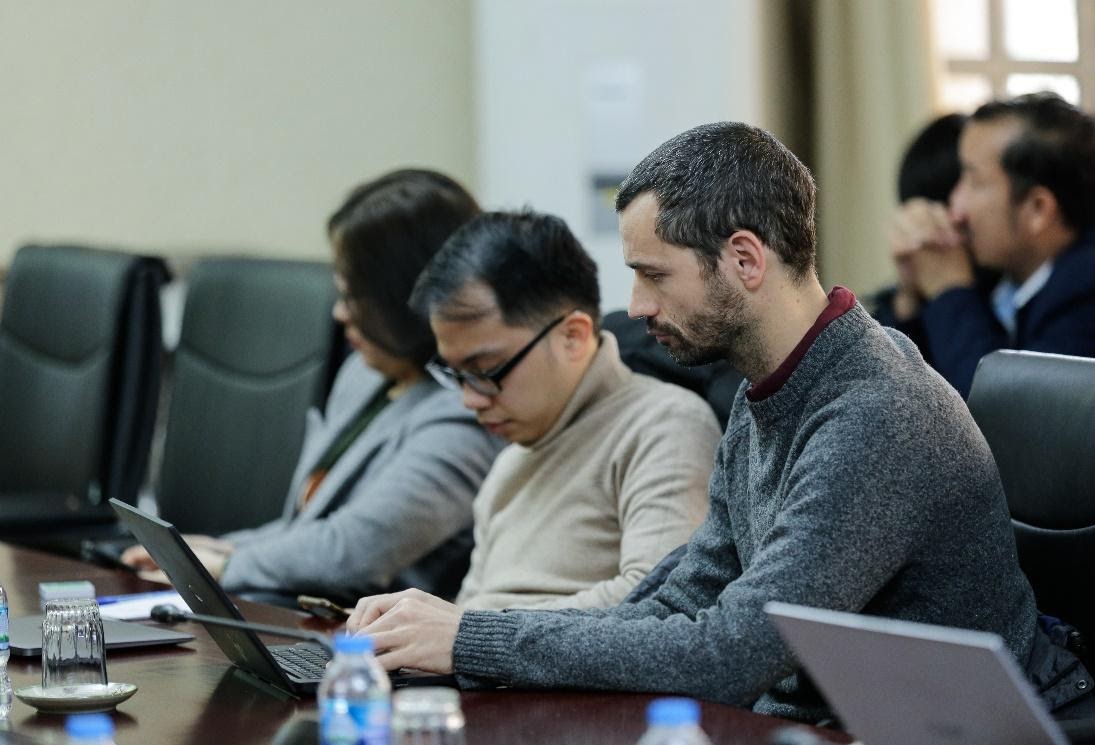
With the reportSpecialization of local production in the context of innovation and a market economy.In her case study, "The Vermicelli Production Chain in Duong Lieu Village, Hoai Duc District, Hanoi City," PhD candidate Viet Thi Thanh Ha uses a value chain and social network approach, employing ethnographic field research methods to understand, analyze, and explain the vermicelli production industry in Duong Lieu village, Hoai Duc district, Hanoi City, through its production, distribution, and consumption processes. The study examines the economic profitability of each stage, the social networks associated with the operation of these stages, within the village community, and between the craft village community and the surrounding area. Through this case study, the author hopes to contribute to a clearer understanding of the transformation process, advantages, and difficulties of craft village production in the suburban areas of Hanoi during the process of innovation and international integration.
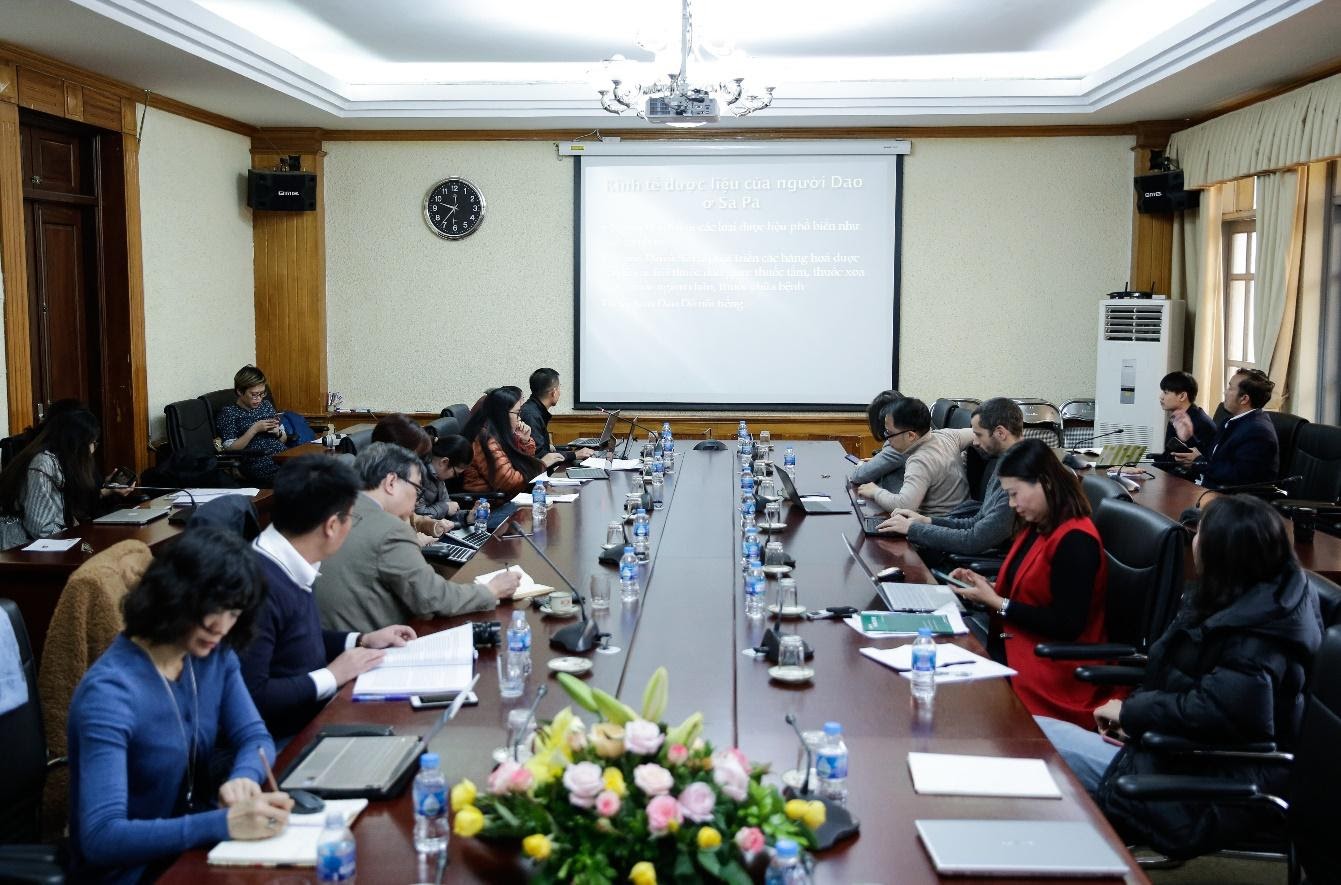
PhD candidate Luong Thi Minh Ngoc presented her paper.Healthcare: A pressing issue for communities resettled due to hydropower projects.Through a review of several research sources on the Thai people in Vietnam and the healthcare of ethnic minority communities, this study suggests that an approach focusing on aspects of the healthcare system and the knowledge/practices of healthcare among the population will help identify healthcare issues affecting the Thai community impacted by the Son La hydropower resettlement project. The information gathered on healthcare activities will contribute to and supplement the picture of the lives of communities forced into resettlement under development projects, aiming to improve the lives of people currently disadvantaged by hydropower development projects in Vietnam.
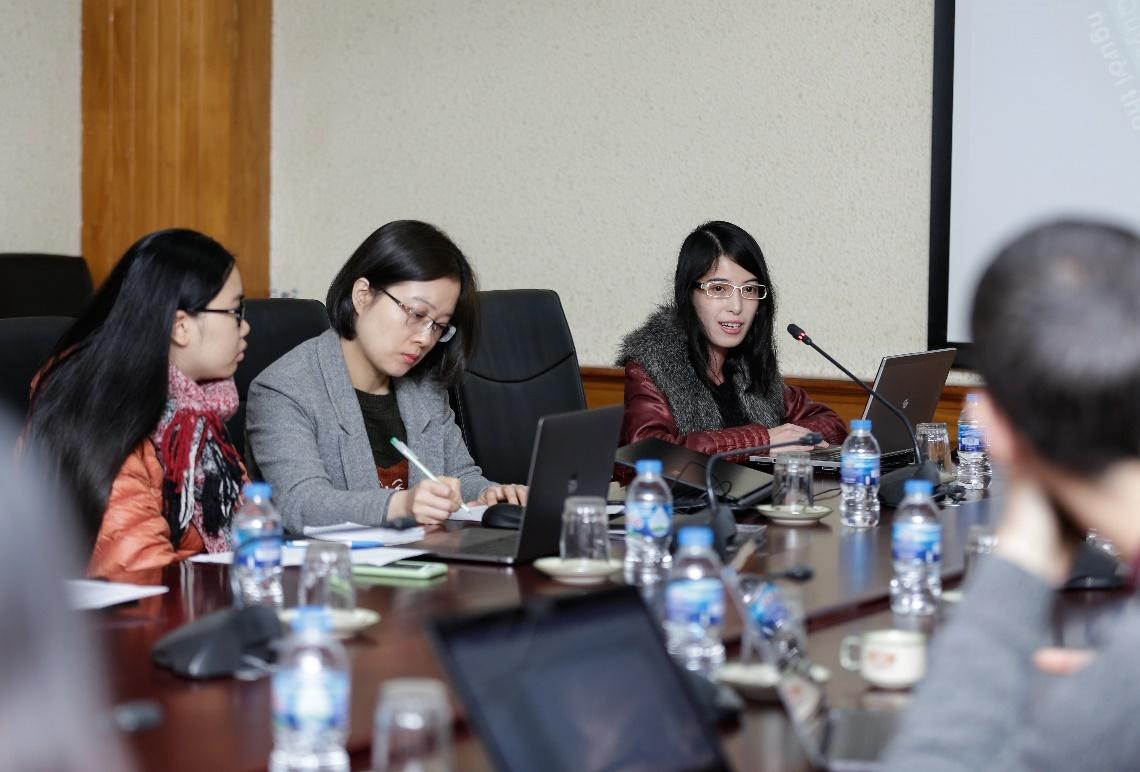
NCS Ly Cam Tu presented a report on the Integrated Economic Model and some connections with Vietnam.
DiscussionThe integrated economic model and some connections with Vietnam.This paper by NCS Ly Cam Tu introduces a new economic development orientation applied between 2001 and 2010 to the Indigenous people of Arnhem Land in Northern Australia. Its foundation stems from the Hybrid Economy Model (HEM) proposed by Professor Jon Altman (Australian National University) in 2001. The HEM was developed in the context of Australia – a multi-ethnic nation with a neoliberal ethnic policy that has generated much debate. The paper introduces the origins, content, and initial achievements of the HEM, comparing it to development programs currently being implemented in ethnic minority areas of Vietnam. From this, the author identifies the advantages of the HEM that could be applied in the Vietnamese context, and offers some related suggestions.
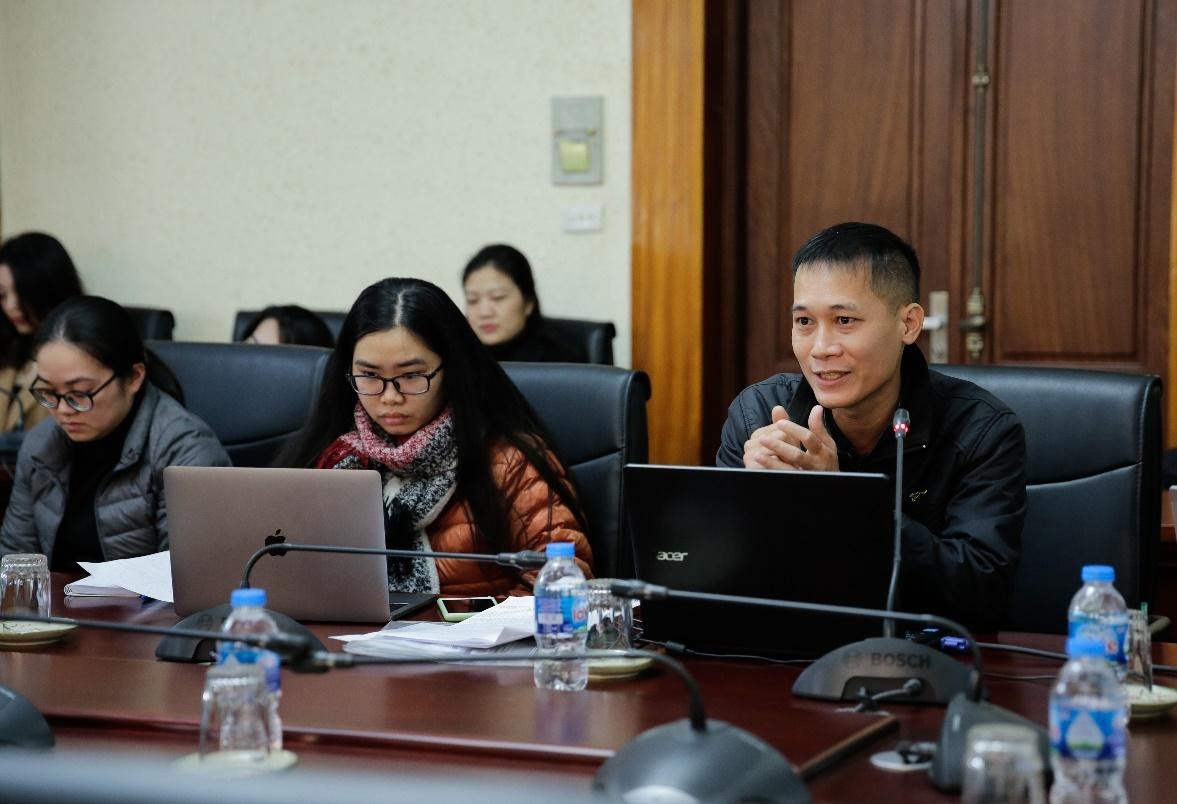
NCS Bui Minh Hao presents "Cultural Capital in the Development of the Medicinal Herb Market of the Dao People in Sapa District, Lao Cai Province"
NCS Bui Minh Hao withCultural capital in the development of the medicinal herb market of the Dao people in Sapa district, Lao Cai province.This paper addresses the development of the medicinal herb market – a crucial area in the economic activities of the Red Dao people in Sa Pa district, Lao Cai province. This economic activity is based on socio-cultural resources, primarily folk knowledge, social networks, and market access. The medicinal herb economy is increasingly playing a vital role in the lives of the Red Dao people. Applying the concept of cultural capital, the author aims to analyze the process by which the Red Dao people participate in developing the medicinal herb economic activities and their medicinal herb market chain. In particular, the paper emphasizes how the Red Dao people have utilized their cultural capital in the development of the medicinal herb market, as well as the consequences of these activities.y.
Author:Quoc Toan, Thinh An